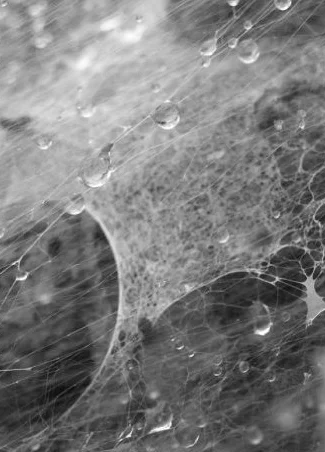Praise for A Darker, Sweeter String
“If our dreams could edit the news (and sometimes our nightmares) these poems are how they’d wake us up to the urgency of our times.”
“Sharkey honors the accountability of language by turning her ear to the rhythms of the soul’s survival.”
“An important book.…one of the best books of the year.”
“Echoing Carolyn Forche’s poetry of witness, the poems in Lee Sharkey’s A Darker, Sweeter String are imbued with a yearning for peace, and while war in its many faces is omnipresent in these beautifully wrought poems, so also is the sense of hope.… A Darker, Sweeter String, a collection that embodies the spirit that we can resolve what rends us, is a must read.”
“If you buy no other book for the next five years, this is a must, must read, must possess.”
“In her wise and humane collection, Lee Sharkey artfully disguises a poetics of witness as a poetics of transparency.… The poems are so crystalline, clear, and pure that each subject of scrutiny attains a comprehensive relevance. Sharkey’s deft and deliberate fusion of the global with the personal transforms mere confession into a searching examination of universal human rights and the suffering which is always present throughout the world. The poems lend a voice to the voiceless and bear witness to our collective need for an understanding of the unspeakable.”
About the Author
In 1974, Lee Sharkey bought a hundred-year-old Pearl platen press, taught herself to set type and print, and produced over the course of a long Maine winter her first poetry chapbook. Over the next four years, under the imprint South Solon Press, she printed two more chapbooks of her own poetry, portfolios of other poets’ work, and ephemera such as poems on paper lunch bags.
Since then, she has continued to work both on and off the grid as a writer and an editor. Her publications include two other full-length volumes, Farmwife (Puckerbrush Press, 1977) and To A Vanished World (Puckerbrush, 1995), a poem sequence in response to Roman Vishniac’s photographs of Eastern European Jewry in the years just preceding the Nazi Holocaust. She is the recipient of the 2010 Maine Arts Commission's Individual Artist Fellowship in Literary Arts and the 1997 Rainmaker Award in Poetry, judged by Carolyn Forché. Recent poems have appeared in Green Mountains Review, Margie, Nimrod, The Pinch, and Prairie Schooner, among other journals. Since 2003 she has co-edited The Beloit Poetry Journal, one of the country’s oldest and most respected poetry journals.
Lee lives in the woods outside of Farmington, Maine, with her husband, Al Bersbach, and stands in the weekly Women in Black peace vigil in front of the Farmington post office.
“‘Today the war dead failed to make the headlines / to keep myself human I construct a shrine of words.’ These taut, truth-telling poems teach us how to ‘heft…more weight than we can carry,’ how to speak the unspeakable, ‘the grief that scours the heart.’ In their concision, the eloquence of their exactitude, they say only what is needful. Silence is their punctuation. And how restorative their respect, ‘how beautiful is the gift of mourning.’”
“Perhaps what is most remarkable in this altogether remarkable writing is that it not only brings back to life but that in doing so ethically, it does so without reassurance.”
“When I think about Lee Sharkey’s A Darker, Sweeter String, the word that comes to mind is liminal. The poems, again and again, occupy that bewildering space between then and now, between present and future, populating the shifting temporal landscape with their characters.… Sharkey collapses time without ever becoming a historical—history matters all the more in this book for the way in which it infuses this very moment, the future we are making right now a ghost sipping from our lips.”



